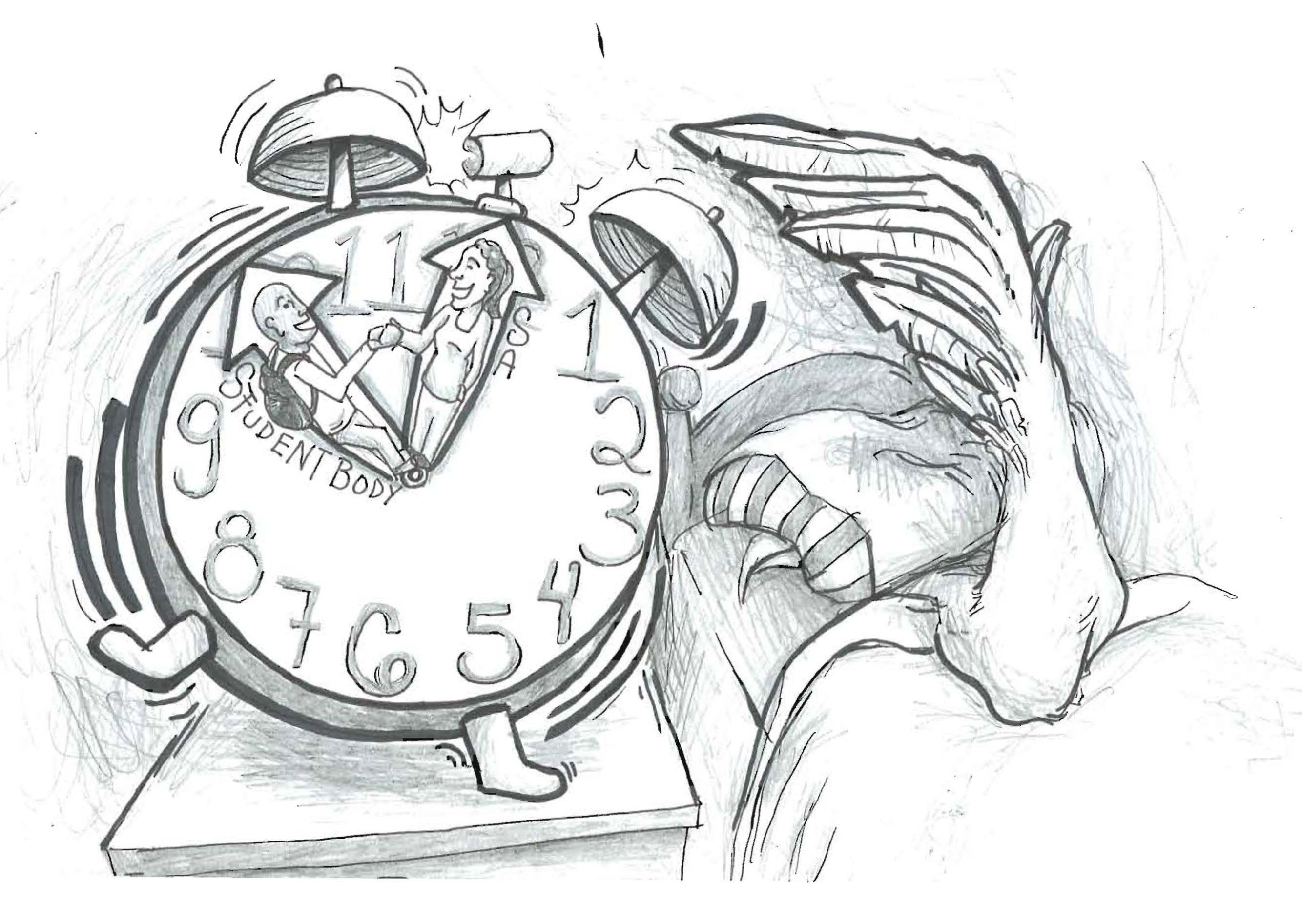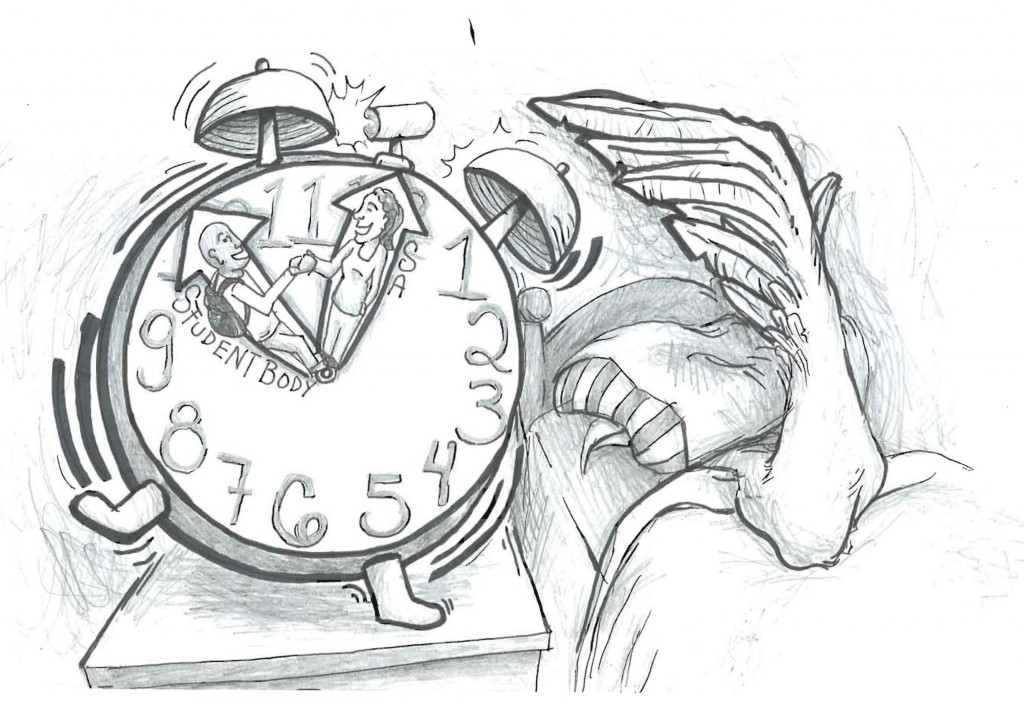
In light of the distribution of the “State of Our College” address, a letter sent to President Donald Christian detailing issues the student body feels need further attention, Student Association (SA) President Josh Simpson called on student representatives to become more vocal in meetings and more motivated in their duties.
In recent weeks, students have also expressed anger with the private food service provider interviews that took place earlier this month and are planning to attend an upcoming CAS meeting to voice their opinions as a “unionized student body.”
While we admire and commend students for taking initiative and action regarding campus issues, we can’t help but wonder why they feel they must organize and rally without taking their thoughts to the senators and SA members elected to interact with the administration on their behalf first.
As of late, it seems that both students and those elected to represent them are suffering from a severe lack of communication and motivation to work with one another. We at The New Paltz Oracle agree that a wake up call is in order for all parties involved.
We write too many editorials urging our student body to rise above the status quo apathy and ignorance to take a stand. Thankfully, as the “State of Our College” address shows, our campus is rife with passionate, opinionated students itching to have their voices heard.
Students mobilizing to voice their thoughts can be empowering, sure, but the systems — like student government — are in place to ensure that the student voices are allotted the appropriate amount of attention. To forgo that process entirely is to remove a vital piece of the framework for a successful organized group: leadership.
Because, eventually, the outrage quiets. Interest and action tend to fizzle out over time as our student body’s opinion can be admittedly fickle. When being vocal and attentive toward campus issues becomes a trend that loses steam, as it is apt to do around here, the systems meant to propel change stall before they can take off. The strong leadership within the system prevents a lot of this loss of momentum.
Take the issues surrounding Park Point as an example. At the most recent Town Planning Board meeting on Feb. 25, where the floor was open to public comments, only five people came out. Considering last semester saw lively debates from concerned students and citizens, it seems bizarre that the turnout was so abysmal. The legions of students who monologued at the previous hearings should have weighed in one last time; if there was any genuine concern, that is.
The disorganized masses alone fail far too often. Activism cannot just be a trend, especially if we intend to make any progress. Without long-term commitment, we’ll see no change. Our representatives were chosen to make the commitment and we should use them.
We’ve created a bit of a chicken-egg scenario here: our student leaders are disillusioned by the lack of contact with the student population and our students aren’t reaching out to their representatives due to their perceived apathy. Nobody wins and nothing will get accomplished unless the appropriate action is taken.
To students: your elected officials want to hear from you and have the means to overcome the paper-pushing obstacles. Don’t overlook them and don’t underestimate the efficacy of the system when used properly.
That being said, to our elected officials: you need to be proactive in learning the state of our campus community. If students aren’t coming to you, it is your responsibility to figure out why and determine the best way to serve them anyway. No, it isn’t an easy job, but it’s yours.
We have a tradition of passionate activism on our campus, but we need officials who can channel our creative, albeit disorganized, energy through the bureaucratic red tape. We need the energy and passion behind student-driven endeavors, but we need the leadership that can make them matter.

